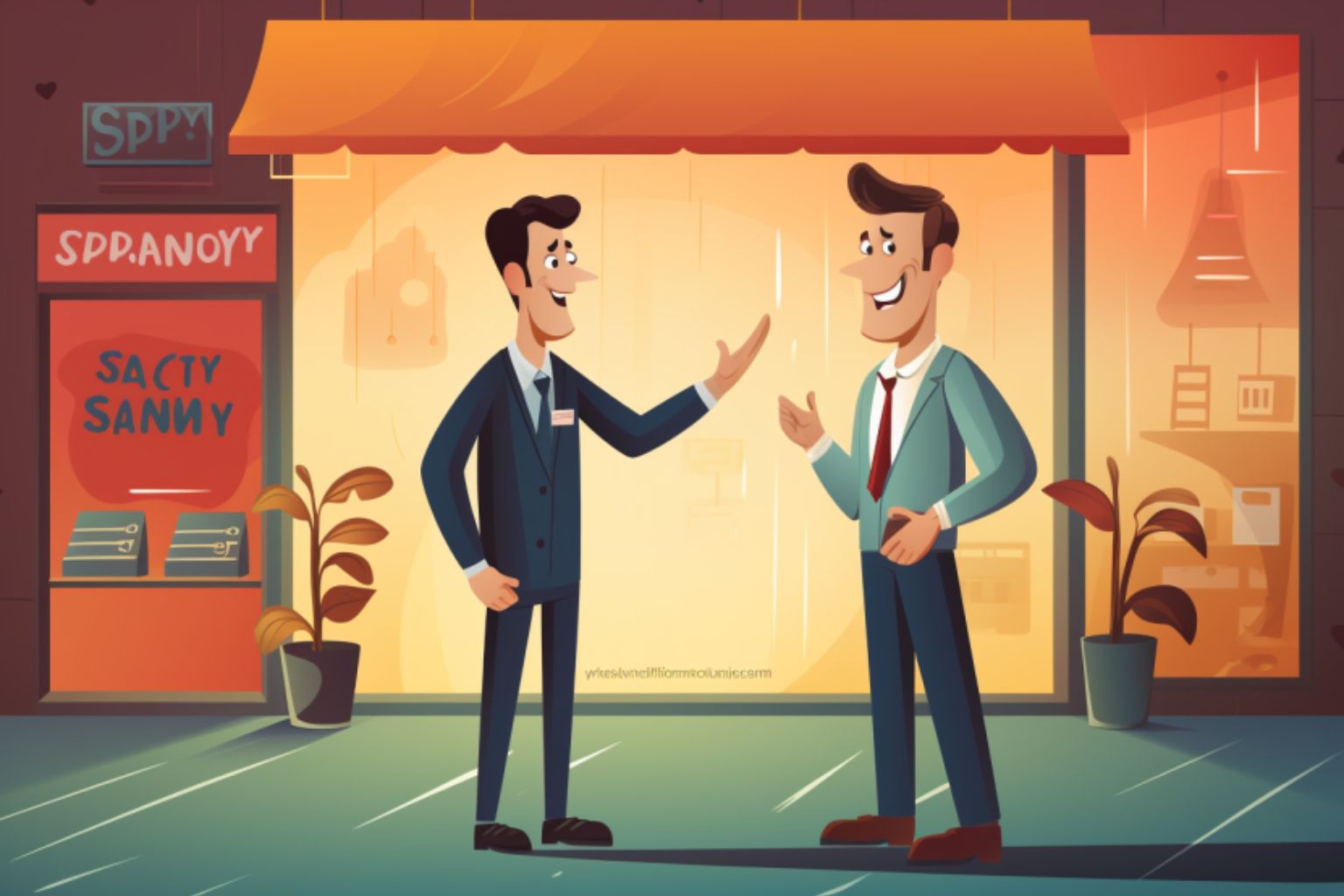Ever apologized to a business? If you said “never,” then maybe you don’t have kids.
At some point, each of my children has slipped a candy bar or lollipop — strategically stocked at kid-level in the checkout area — into their pockets without first informing Mom or Dad. When we discovered the transgression, we raced back to the store, paid for the item and apologized. Profusely.
Then we gave the kids a stern lecture about paying for merchandise before leaving the store. We haven’t had any relapses, but then again, the teen years are just around the corner. Fingers crossed.
I hear a lot of apologies in my line of work. But as a consumer advocate, they almost always go one way: the company apologizes to a customer for a problem, actual or perceived.
When you’ve taken something you shouldn’t
Obviously, if you’ve left the store with merchandise — even inadvertently — you should immediately make amends. Return the product and offer your apologies. Businesses refer to this as “shrinkage,” which is a kind way of saying they’re getting ripped off by their own customers. It’s a $119-billion a year problem globally, according to the latest statistics, so you can be sure the business takes its disappearing inventory very seriously. (By the way, if you’re not sure if it’s stealing, it probably is.)
When you’ve damaged a company’s reputation
It’s easier than ever to irreparably damage a company’s good name online. Just a few weeks ago, a disgruntled airline passenger paid Twitter to promote a damaging message about the company after it lost his father’s luggage. But what happens when it isn’t the company’s fault, and it stands accused of doing something it hasn’t? (The airline found the missing luggage and returned it, along with an apology.) What if someone else were to blame? Isn’t the business entitled to an apology? Absolutely. (Here’s how to fix your own consumer problems.)
When you’ve damaged store merchandise
You know the old saying, “If you break it, you pay for it.” Well, it should be common sense, but I’ve seen customers walk away from a display after knocking merchandise to the ground, offering a “not-my-problem” shrug. Seriously, this isn’t something an advice columnist should have to tell you, but keep reading and I’ll share why this is so important.
When you’ve been rude
It’s amazing how many people feel as if they are entitled to more than a simple apology when an employee has been a little short with them. But they don’t give a second thought to berating an employee (after all, isn’t the customer “always right”?). One of the keys to getting better service is realizing that the employees are people, too, and want to be treated like people, not customer service ‘bots. So when you cut loose on someone, take a deep breath and apologize. There’s no reason to leave your manners at home — ever.
When you’ve asked for too much
This happens more often than you’d think. Consumers often hold unrealistically high expectations, and when they’re not met, they engage law enforcement, regulators, management — and eventually, me — in the argument, demanding more and more before they’re happy.
If at any point along the way they take the time to listen to anyone who tells them the product is out of warranty or that they’re expecting something it never promised, then these impossible-to-please customers ought to say they’re sorry. After all, they just wasted the company’s valuable time.
And here’s why this matters: When enough customers steal or break merchandise, badmouth the company and make ridiculous demands, and they don’t make amends, then it poisons the already strained relationship between customers and companies. (Related: Should companies break their own rules?)
Businesses aren’t dumb. They’ll tighten their return policies, instruct their lawyers to create even more onerous terms and conditions for their customers. They grant their employees the authority to hang up on you when you’re upset and you call to complain, all to protect themselves from possible abuse.
Isn’t an apology the easier way to go?




